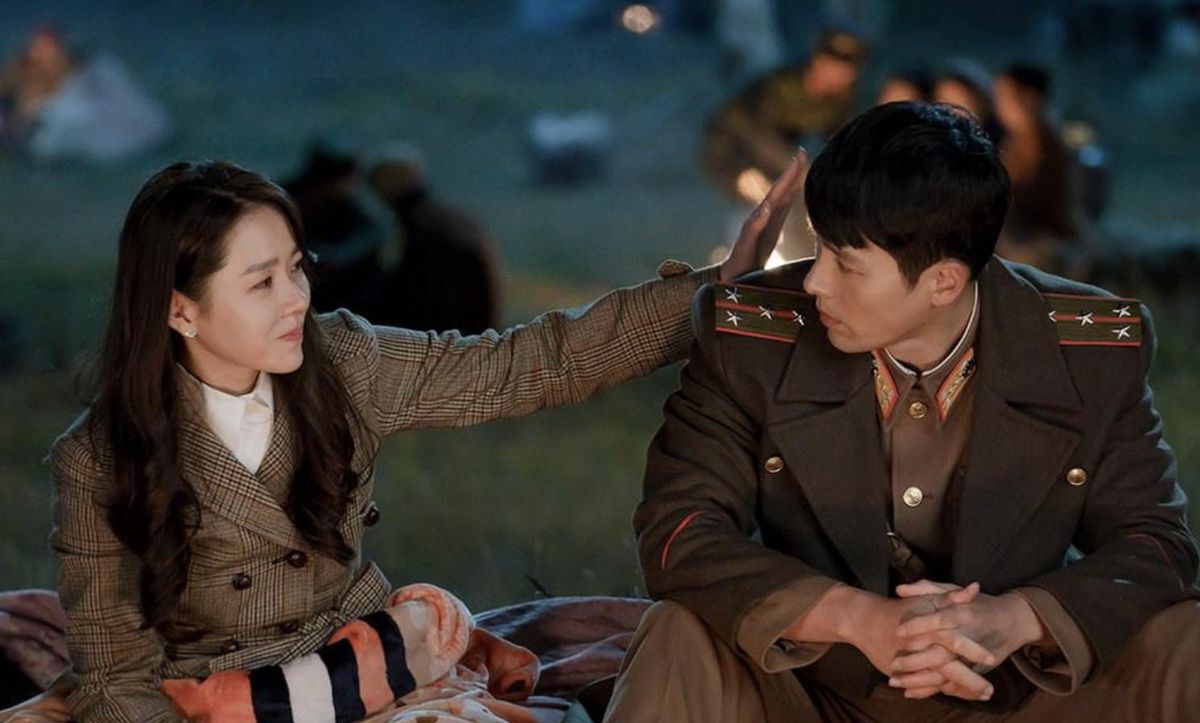
What is Romance?
My views have changed dramatically since I last wrote about love. My continuous pilgrimage toward self-actualization has shaken things up a few times. Regrettably, some loved ones have taken collateral damage for lessons I’ve learned the hard way. I’m overdue for some reflection on where I am today.
Looking back at old posts usually fills me with resentment and embarrassment. Today it feels more like compassion. Recent improvements allow me to look at myself kindly, and apparently that’s affecting the way I see my past too. My younger self didn’t have the vocabulary or coping tools they needed to understand what they were doing, and they (and their partners) often suffered for it.
Some History
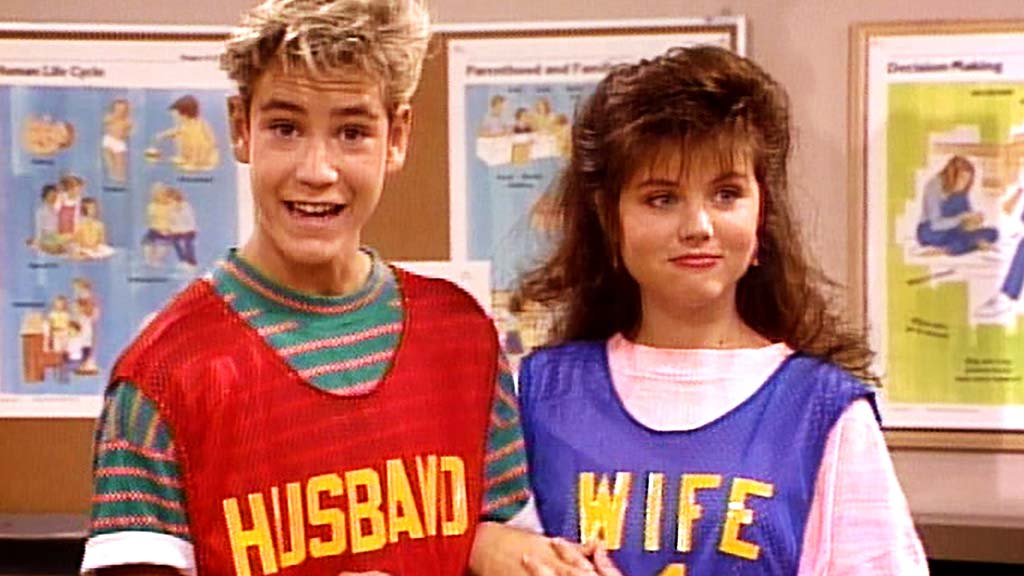
The first time I told someone I loved them I was masking — performing what I thought was expected of me. She told me she loved me after we had been doing the inexperienced 9th grade version of “dating” for about two months. We dated for another year and little changed beyond what we said to each other.
Each of my next few relationships could be measured in days or weeks. They were entirely for show. Girls at school who wanted me to hold their hand in public or talk to them on the phone for hours after we got home from school. I was along for the ride — happy to be desired — even if much of it felt tedious and boring. Other kids at school thought I was cool for having a girlfriend, so the mask was working.
Romantic Relationship Expectations
This is what I thought it meant to be in relationships. TV sitcoms and romantic comedies showed me:
- Passion means fighting and making up a lot; emotional rollercoasters were a good thing.
- A male partner should pay for everything.
- A female partner is a ball and chain to feel burdened by, but keep around because they’re pretty.
- A male partner is supposed to drive all sexual action, and even apply pressure for it.
- A female partner is always right, no matter how irrational or abusive they are.
- The purpose of relationships is to get married and have children someday.
- Either person feeling any form of attraction for anyone else is a betrayal.
- Possessive behavior is healthy and proves our love.
Obviously this list can go on, but these impressions mattered to teenage Corry. There was no consideration for anything but heterosexuality. No room for individuality. I didn’t begin to shake these toxic ideas off until my twenties.
First “True” Love
The person who I consider my first real love was a close friend who asked me out during my senior year of high school. I got my braces off over the summer and apparently my wave of awkward puberty had finally crested. She’s the one I speak about in my 2008 post “What Is Love?“ where I idealize the feelings I had with her as the only true version of love.
This relationship was everything I was taught to expect. Passionate, erratic, and full of hyperbole. Looking back at it today it was a mess of teenage hormones and ignorance, but it lasted nearly three years and half of it was while we went to different colleges. Even as a jaded old person now, I can say some of the stuff we went through together was pretty heavy.
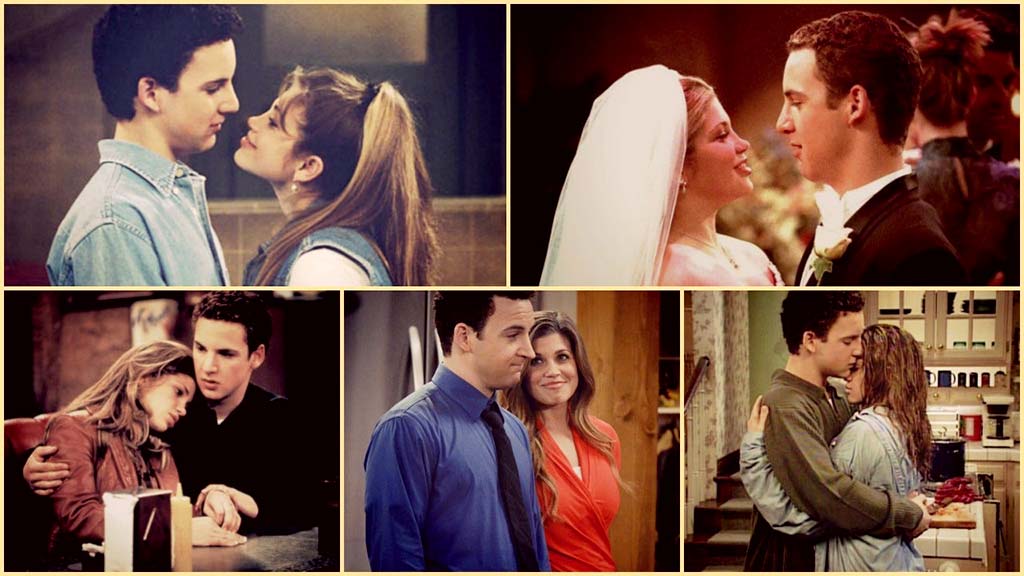
It ended badly. She confessed to cheating on me several times. Luckily I walked away without any physical health issues, but I was anything but unscathed. After a few weeks of my work, school, and personal life being disrupted by intense mourning, I was under the direly false impression I was past it.
A Glimmer of Hope
Shortly before I moved to Arizona, I met someone who treated me well.

On our first date, she leaned across the car and opened the door for me. She split the bill when we went out. When I wanted to get off the phone, she never guilted me into staying on the line. There were so many little things she just did without hesitation that my previous relationships didn’t.
I was still harboring some of my garbage ideas about what a man and woman are supposed to act like in a relationship, but she cracked the shell I was building around my heart. More than a rebound, but we knew it wouldn’t last beyond my cross-country move. Our relationship was short, but lovely, and she helped prepare me for the future.
My First Adult Relationship
I met my wife-to-be when I had recently turned 21. Our relationship was fun and casual, but we also relied on each other for survival. This was a complicated mix I wasn’t well-prepared for. While attending school full-time and working full-time, I couldn’t have paid rent or afforded to feed myself without her help. She had more resources than I did so she probably could’ve made it without me, but she didn’t have to.
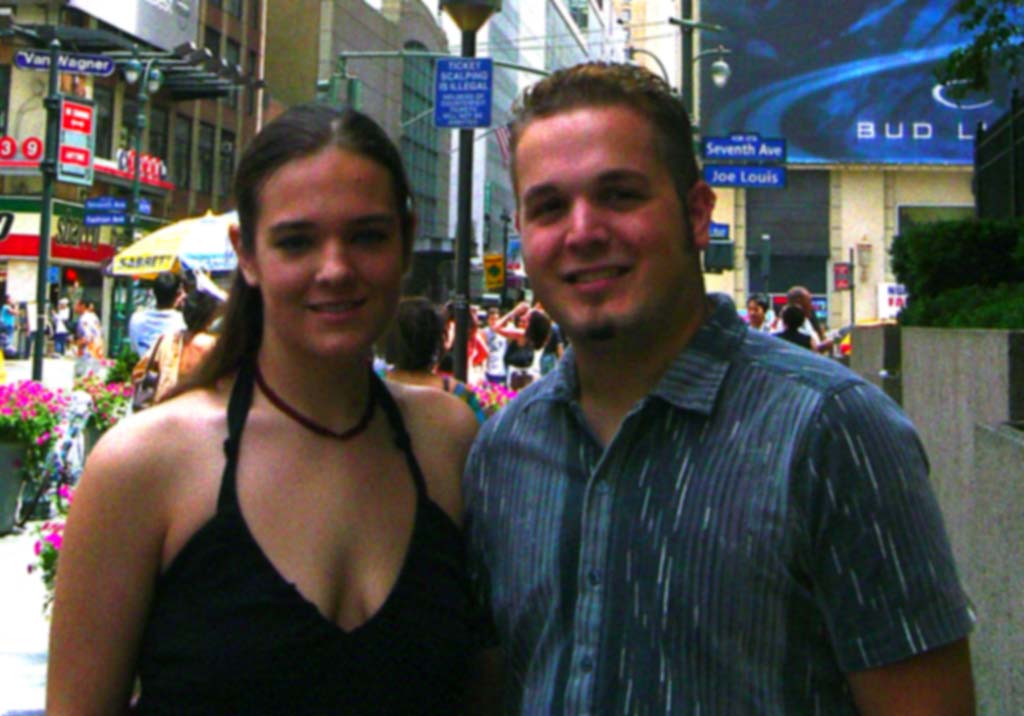
It was a wonderful and trusting relationship the likes I hadn’t experienced before, but because it didn’t feel the same way as my first love I hesitated for far too long to tell her I loved her. My baggage did a number on her as months and years went by without my reciprocation. This was going on while I was writing about love in those years, including the 2008 article.
Growth
Eventually I went to therapy, both as a couple and an individual. I spent a few years processing that baggage, and told her I loved her. I tried to make it retroactive by giving her a specific moment in our early history when I should’ve told her, but she was understandably unmoved by the idea.
None of this was masking. I spent so much time denying her those words because I didn’t want to stumble forward into what was expected again. I was legitimately confused, and I legitimately loved (and continue to love) her.
I revisited writing about love again when we announced our engagement and then again when we got divorced. I’d say most of my personal growth in the realm of love has taken place since then. The untreated emotional baggage and mistakes I made poisoned the well for the relationship in ways I won’t let happen again.
Defining the Terminology of Romance
The dictionary definitions for these words are unsuitable for me. They’re either too vague or simply untrue for my perspective.
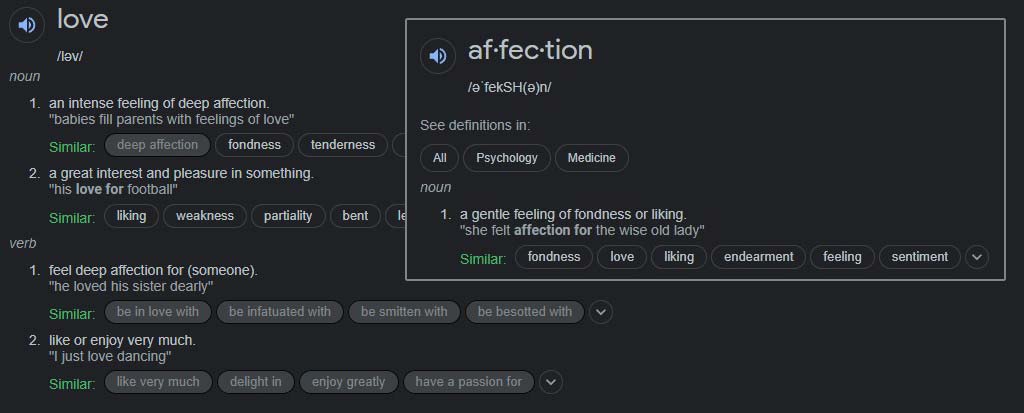
This ambiguity about something so important in life is unacceptable, so I’ve sought to write my own definitions. As usual, I reserve my right to revise these definitions later while cringing at what I wrote today.
Love
Clickbait tells us “There are X different kinds of love” but I doubt there needs to be more than one definition.
Love
An emotional pull felt for someone. A desire to have them present and a feeling of longing in their absence.
This meaning allows for other flavors of it to be layered on top of it. It excludes no one; I love my dog, my mother, my romantic partners, and some of my friends. There is no built-in intensity to its terms. I may feel more longing for some than others. For some, the pull might be stronger. It doesn’t change my love.
I can also love myself. Sometimes I long to run solo — a term I prefer over alone which has negative connotations and evokes a lack that I don’t feel when I’m by myself. When I look at myself in the mirror and see a mask, I miss my true self.
How I experience Love
I was apprehensive to call myself polyamorous. I was perfectly happy passing as monogamous in my relationships for a long time, and the image of poly folks outside of our community is often unflattering.

In the most literal sense of the word, polyamory means loving more than one, which is what I do. I love many people simultaneously right now. I only began being open about it after my divorce because it seemed impossible to act like I could stop loving someone I spent a third of my life with.
Among my many loves, I still love some other ex-partners. Those relationships aren’t over; they’ve just changed. They can change again. I love some friends in similar ways which may include attraction and sexual histories. And, of course, I love many people without the attraction aspect.
The foundations I build love upon don’t wash away because we don’t want to be married anymore. Or because we haven’t had a chance to hook up like we were tempted to. Or because different goals sent us in opposite directions. I take my time building those foundations deeply and carefully. My love doesn’t die unless I lose the emotional pull, and that doesn’t happen often for me.
Friendship
My feelings of love overlap my inner circle, but I call many outside of this circle friend.
Friendship
Trust, respect, mutual interest, and enjoying each other’s presence.
There is an outer circle beyond friendship I call acquaintances. I thought about what makes the difference between these and friends, and this was what I came up with. When I first meet someone, I don’t trust them yet. They may not show a level of transparency that inspires confidence I truly know them. They may trigger a red flag 🚩 or two. They may have views or habits I consider immoral or dangerous. They may philosophically believe I or people I love are less-than and abuse us.
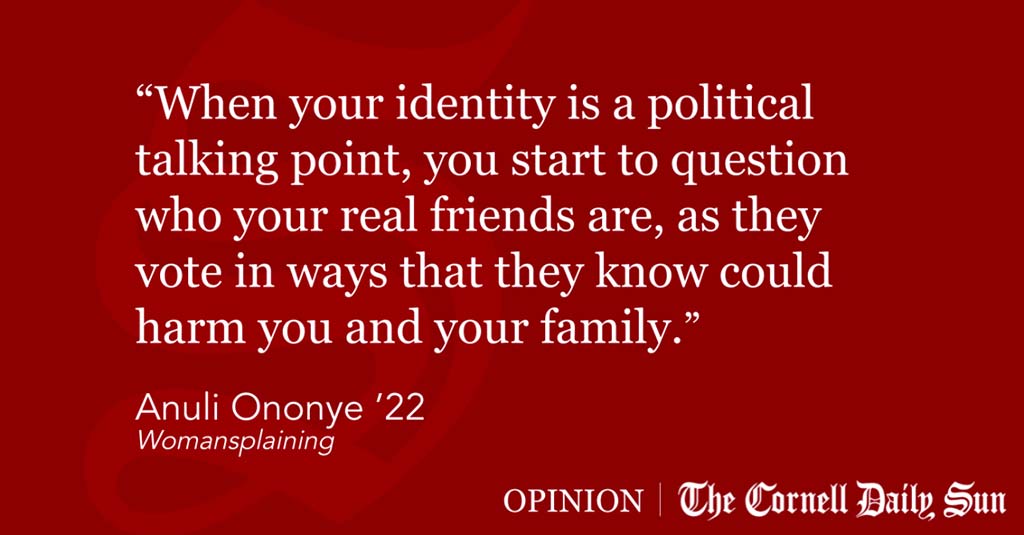
A contact will remain an acquaintance until I feel like they’re safe for my community. It requires us to have mutual interest in our well-being.
Finally, I have to enjoy being around them. There are a few people I feel all these other things with but find insufferable to spend time with, and I can’t rightfully call them friends.
Attraction
This definition seems fairly straightforward.
Attraction
A desire to share intimate physical contact.
Intimate physical contact has a bit of a fuzzy definition here though. Each person has a different set of physical acts they reserve for only a few people in their lives. I can cuddle with a friend under a blanket or kiss them on the cheek without thinking much of it. I can be naked around friends or strangers in an appropriate setting (an onsen, for example) without flinching. I consider kissing on the lips to be especially intimate, so I reserve it for only a select few in my life. The same goes for sexual activities.
I hope everyone knows how important consent is, but it’s also important to know what kind of emotional weight people place on different acts of intimacy. As popular as it is to be a hugger these days and offer affection to new people one meets, hugs can be uncomfortably intimate for some to share with a near-stranger. At the same time, some folks can have sex without needing to know their sex partner’s name. It’s good to know where people we care about stand.
How I Experience Attraction
As a demisexual, I arrive at attraction differently than most. I can’t relate to love at first sight. Representations of it in media taught me how to mask those lustful feelings when I needed to for the sake of a partner, but they didn’t come naturally.
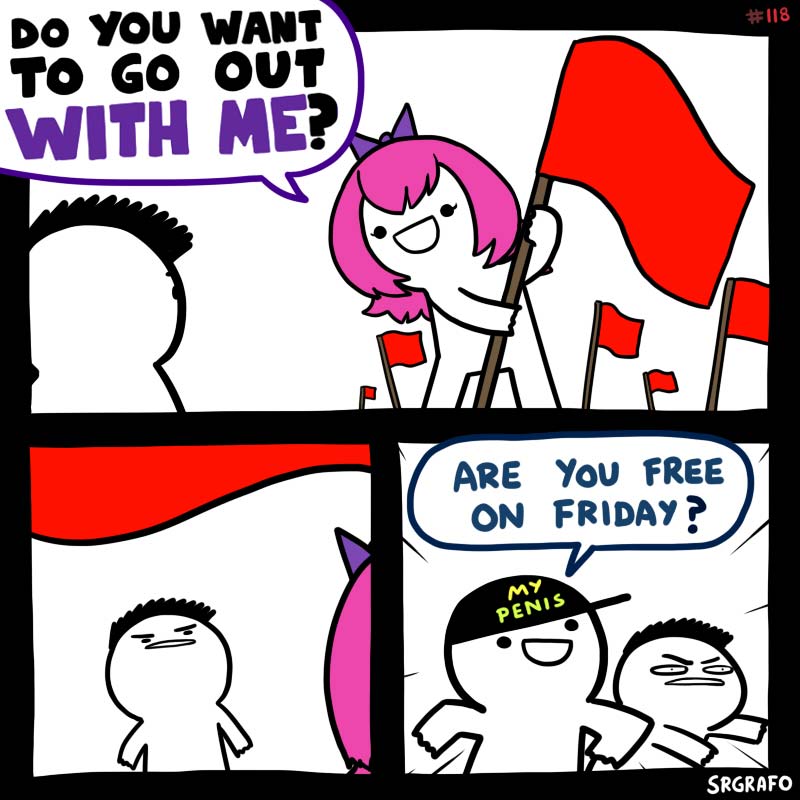
I don’t experience attraction unless I already feel friendship and/or love, or at least believe they’re possible. When I’ve tried to start from physical admiration, it hasn’t clicked for me. These amount to most of the few regrettable sexual encounters I’ve had. The physical relationships are unsatisfying (at least to me) and they have yet to grow into love or friendship. My successful relationships move into physical attraction slowly after building from other foundations.
Genitalia aren’t part of the equation either. I’ve dated all over the gender spectrum and while it’s rare for me to feel attraction for people who present masculine, it isn’t zero. (For anyone who’s not clear about my language here: a person who presents masculine doesn’t necessarily have a penis, nor does everyone who presents feminine have a vagina, and plenty of us are ambiguous.)

Despite what some may think about polyamory, I rarely have more than one sexual partner at a time. This is the case even when I’m not exclusive with anyone. I’m not sure whether it’s related to being demi; I just tend to vibe this way. I may go on an occasional adventure if my anchor partner is cool with it, but I don’t need it often.
Romance
When I asked around about the definition of Romance, none of us could agree.
Are sex and romance intertwined?
Some define romance as the actions we take toward having a sexual relationship with someone. While this was most commonly stated by men, I’m sure others share this view while being quieter about it. It’s inclusive for those who don’t want marriage or children, and it doesn’t specify any gender roles. The problem with this view is it excludes asexual people from romance.
In many ways, asexuals have incredibly romantic relationships. Some seem to have poured all the time and effort allosexuals devote to sex into creating art, experiences, and expressions of love.
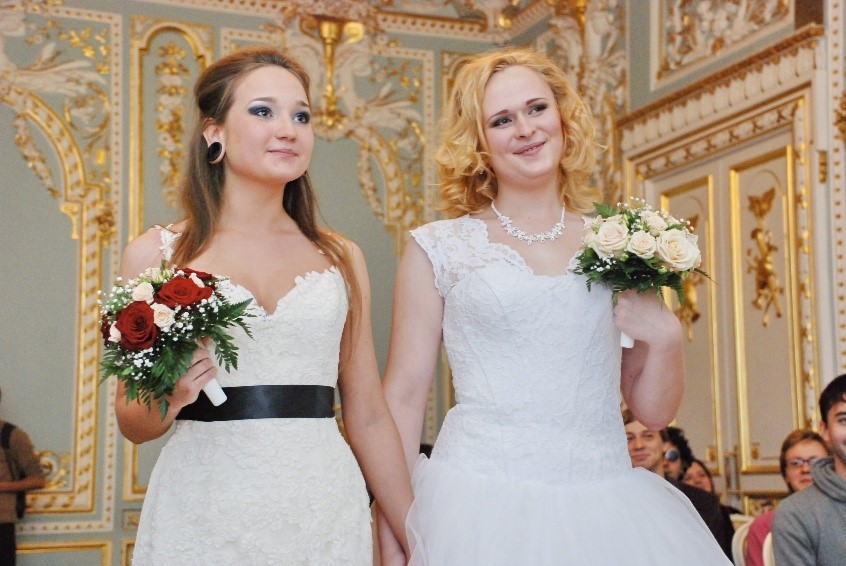
And perhaps this is only me, but aren’t seduction and romance quite different in practice? Even people doing romantic things solely to get into their partner’s pants seem to need to veil their intent at least a little. Otherwise it can lean into creepy.
Courtship
There’s something beyond sex in romance. Beyond love and friendship too. Romantic actions seem to infer a question; an outstretched hand offered to only the most special people in our lives. The terms of the question can be almost anything, but they generally seem to infer commitment.
Romance
Actions we take to express love, friendship, and commitment.
Ah crap, now I have to figure out what commitment means.
Commitment
Commitment gets conflated with love and romance, but doesn’t need to be related and it means vastly different things to each of us. I’ve seen and sampled a few different flavors of commitment, and friends have contributed their own to the conversation. We’ll begin with the most prominent in American media.
“Traditional” Western Values
Western culture defines much of our lives based on the genitals we were born with. Within these beliefs, there is a rigid structure of heterosexual exclusivity, defined roles for men and women, and values weighted by how we measure up to those expectations.
The purpose of romance for these cultures is to have a monogamous relationship, get married, have children, and spend the rest of their lives raising and supporting those children together. While in today’s age they are usually choosing partners based on feelings of love and connection, their definition of commitment is tied to utility toward building a lifestyle.
This view excludes those who:
- don’t want children (about 44% of Americans between 18-49)
- don’t want to be married (about 9% of Americans between 18-34)
- can’t physically have children (about 9 – 11% of American adults)
- aren’t heterosexual (4.5% of American adults)
- don’t prefer monogamy (4-5% of American adults)
- are actively excluded from acceptance into this traditional paradigm
So while this lifestyle is valid for those who choose it, it can’t be relied on to define commitment for everyone else.
Being Taken Care Of
Trophy wives and husbands are definitely still a thing, and I doubt they’ll ever go away. Another utilitarian version of commitment where children, heterosexuality, and exclusivity are optional.
While American society drags its feet in fixing the gender wealth gap, it’s understandable why many calculate an alternative profession. Cultural imagery of relationships like this generally portrays women in this role, but throughout my life I’ve witnessed friends bringing home the bacon to — often resentful — male partners most of the time.
Perhaps it’s where my friends and I lie on the financial class hierarchy. Maybe it’s the misogyny saturating the ground beneath us everywhere we go. TV shows seem to prefer Instagram model wives and their purse dogs over chronically unemployed boyfriends getting stoned on couches.
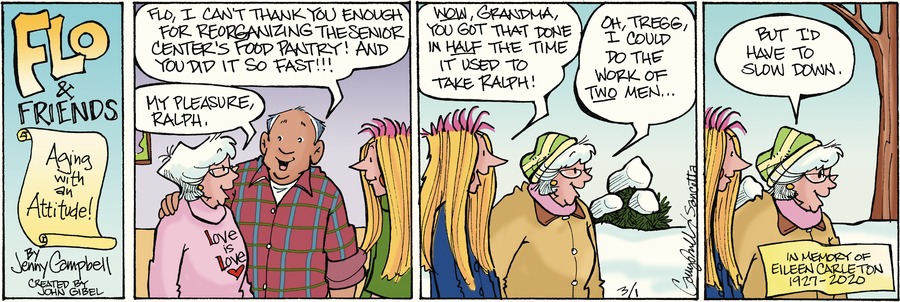
Regardless of gender and orientation, plenty of folks want to be taken care of and there’s nothing wrong with that when it’s handled honestly. The Bachelor, Millionaire Matchmaker, and the like are junk food media manipulating people into emotional trauma for advertising revenue. This is the most common portrayal of these relationships, but they’re far from the norm on the streets. Our flavor of capitalism doesn’t distribute financial value fairly, and this model can feasibly fill in some of those cracks.
Sugar babies start their relationships as a business arrangement. Each person has varying levels of ambiguity, but the premise is honest. “Regular” dating sites throw a thin veil over the same selection process by asking users questions about their income and allowing them to filter their matches by this metric.
People who seek wealthier partners don’t do nothing either. Many of them work harder than I do. Some maintain their bodies with rigorous fitness and nutrition regimens. Many presumably do the more socially acceptable equivalent of sex work. Some bear children for their partner. Some perform the duties of a 24-hour personal assistant. These commitments can be as heavy as those of any other relationship.
Dedication
An insightful friend shared their view on commitment means dedicating oneself completely to another person; no matter what happens, we’re a team who will stick together. This beautiful ideal resonates with many, but it doesn’t work for me.
I know few people who are the same today as they were when I met them. Some take more drastic turns than others, to be sure, but everyone changes.
My grandma is probably the person who’s been most consistent over the nearly 40 years I’ve known her. I suspect she maintains this perception with me purposefully. I still code switch to act more innocent and carefree when I talk to her too. I’m not exactly sure why we both keep it going but we only speak a few times each year, so the topic doesn’t come up when we catch up. But even through the show we put on for each other, I can tell she’s changed plenty over the years.
Anecdotal Evidence
When I got married, I was experimenting with this definition of commitment. We both dedicated ourselves to our two person team and made every effort to keep it intact. On the day we said our vows, we were different people than we were when we met, but we were still on the same page. On the day we decided to split, we were different too. Some regrets, no bad blood; merely two changing adults who were both compromising too much of ourselves by staying together.
We opted in to those compromises, and I still do with others. It’s a necessary part of any relationship, but I find if I do it too much I begin losing myself. Some of my partners have expressed the same to me after we’ve split; they felt like they lost some of themselves while we were together too.
The longer a relationship goes on, the more it seems to happen. Perhaps it’s something to do with the relationship escalator, which is the concept that a relationship must progress in a specific single direction in order to be worthwhile. Even if we were content in the moment in my previous monogamous relationships, it often felt like stagnation was a problem for some reason.
When Two Become One
Some of my friends seem to compromise more easily than I can. People put a lot of weight into concepts of their identity where I place nothing. Some examples:
- Virginity and purity culture
- Astrological signs
- Nationality
- Race
- Religion and spirituality
- Political party affiliation
- Biological sex
And there are things I value deeply about my identity that others often don’t:
- Personal ethics, respect for human rights even for people we dislike
- Belief in the scientific method
- Tastes in art (media, fashion, design)
- Transparency
- Capacity for empathy
- Desire to continuously grow into better versions of ourselves
- Safety
There’s no “correct” balance beyond what feels best to us, and some have to try a lot of different things before we find it. We each decide where our values lie and my individuality is one of the things I value most.
I don’t believe in unconditional love.
Trust and safety can disappear in the blink of an eye in any kind of relationship. I wouldn’t expect even a parent of an abusive child to maintain a relationship with them. I couldn’t even have unconditional love for myself if I wasn’t working toward being as good as I could be.
Because of this, I find it difficult to offer lifelong dedication. Life is both too long and too short. I can offer undying love and affection with conditions. I can offer friendship for as long as it’s mutual. But I won’t commit to tethering myself to someone else in ways that make either of us less ourselves. I don’t know who I’ll be seven years from now, let alone forty.
Not to say I won’t commit to anyone, of course. Maybe I’ll meet someone who I don’t feel the need to compromise with, and they feel the same way. I try not to make promises I’m not sure I can keep. I won’t truly know who’s still around when I die until that moment anyway.
Commitment for Everyone Else
We have to define what commitment means for ourselves. People are having children with platonic friends, co-parenting across borders, and single parenting by design. Polyamorous relationships are everywhere, in plain sight or beneath the surface, with infinite variations. Companionate marriages and co-op housing arrangements with big groups of friends are growing in popularity. Families take so many shapes.
It seems like commitment is the inherently utilitarian part of a relationship — less about feelings than philosophies and plans.
Commitment
Sharing goals and a mutual desire to seek them out together.
What Commitment Looks Like For Me
- I don’t want children.
- I don’t want to get married again. Commitment ceremonies are great, but no need for paperwork.
- Ideally, I don’t want to live with a partner. I probably only would for economic reasons. Next door or across the street could be cool.
I reject these lanes we’re pushed toward socially, but I can’t define commitment for myself based on what I don’t want. How could one commit only to negatives and see happiness in their future?
I tried to distill what I do want for the rest of my life into a few bullet points, and I’m curious to keep thinking about them for years after I publish this:
- Self-Respect: Take responsibility for personal actions and their impact. Do the right thing.
- Novelty: New unique experiences. Adventures as often as possible.
- Vivid Expression: A transparent uninhibited life I can share with loved ones.
- Adaption: Not only a willingness to change if necessary, but a sustainable thirst for it.
What does commitment look like to you?
The Buffet Table
The ideas I presented here have helped me process my feelings towards others for many years now. This article was the first time I’ve felt ready to put it all into words.

These definitions can be a buffet table for any interpersonal relationship. We can use them fully independently of each other. No decent human would judge us for scooping a dollop of attraction onto our plate next to friendship while leaving love and commitment behind. Friends can commit to building a family together without attraction or love entering the mix.
What do you think? What does your plate look like when you walk away from the buffet in one of your relationships?
![Screenshot of social media photo share with caption: I thought you guys would appreciate that when I got married instead of doing the garter belt/bouquet toss we decided to have everyone (regardless of gender identity and marital status) try to catch a Pusheen [plushie] to see who would be next to adopt a cat.](https://corryfrydlewicz.com/wp-content/uploads/2022/01/wedding-pusheen-toss.jpg)